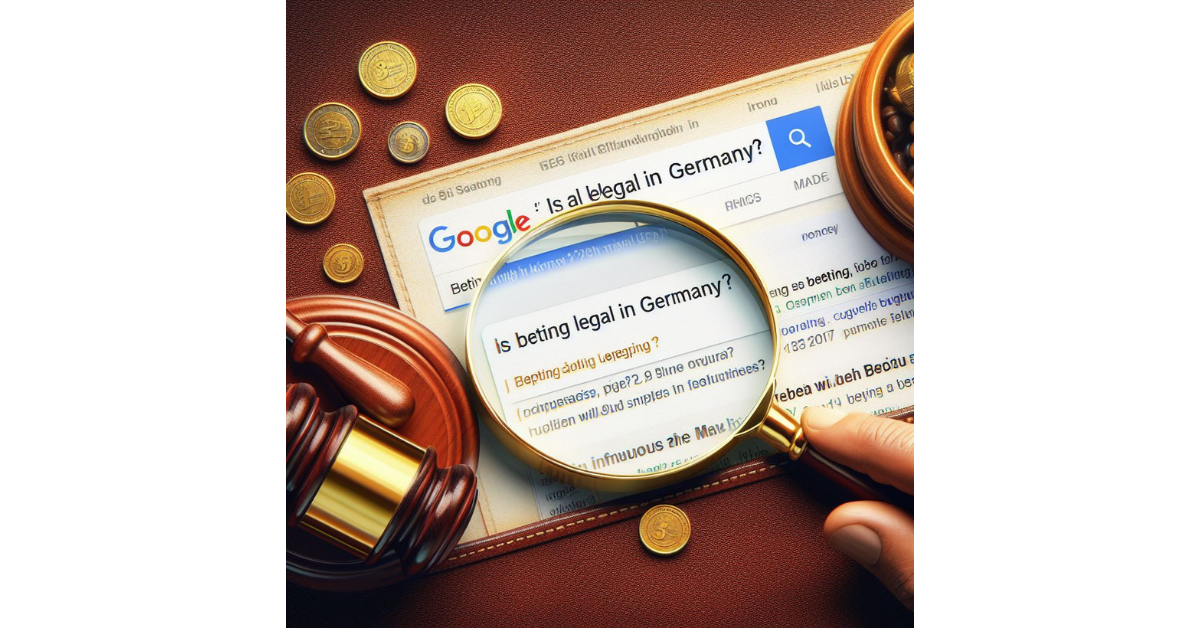Betting Laws in Germany
Germany boasts a legislative framework that strictly regulates betting activities to ensure fairness and consumer protection. The Interstate Treaty on Gambling of 2012 acts as the cornerstone of Germany’s betting laws, establishing provisions to prevent money laundering, match-fixing, and addiction among bettors. Furthermore, the treaty delineates the prohibition of unlicensed gambling operations, emphasizing the country’s commitment to maintaining a transparent and controlled betting environment.
Under the German betting laws, sports betting and horse racing are among the legal forms of betting that are permitted. These activities are regulated by specific guidelines and licensing requirements to uphold the integrity of the industry. Additionally, the laws outline clear restrictions on advertisement and promotion of betting services to prevent excessive gambling behaviors and safeguard vulnerable individuals from potential harm.
Types of Legal Betting in Germany
Germany offers a variety of legal betting options to its residents and visitors. One popular form of legal betting in the country is sports betting, which allows individuals to wager on various sports events such as soccer, basketball, and tennis. Additionally, horse race betting is another common type of legal betting in Germany, where enthusiasts can place bets on horse races happening within the country or internationally.
Moreover, lotteries are a prevalent form of legal betting in Germany, with various options like traditional draw lotteries, instant lotteries, and scratch cards available for individuals to participate in. These lotteries offer the chance to win substantial cash prizes while also contributing to various social projects and initiatives supported by the government. With clear regulations in place, Germany ensures that legal betting activities are conducted in a fair and transparent manner to protect both the players and the integrity of the games.
Regulation of Online Betting in Germany
Online betting in Germany is subject to strict regulations to ensure fairness and consumer protection. The Interstate Treaty on Gambling governs online betting activities, requiring operators to obtain a license from the relevant authorities. This licensing process involves thorough scrutiny of the operator’s financial stability, integrity, and adherence to responsible gaming practices.
Furthermore, online betting operators in Germany must comply with advertising restrictions to prevent excessive promotion and protect vulnerable individuals from gambling-related harm. The regulations also aim to combat illegal betting activities by providing a legal framework that promotes transparency and accountability within the online betting industry.
Licensing Requirements for Betting Operators in Germany
Betting operators in Germany are required to obtain a license from the relevant authorities in order to legally offer their services to customers. These licenses are issued by the state authorities and are subject to strict regulations to ensure the safety and fairness of betting activities in the country. Operators must meet certain criteria and comply with all regulations in order to be granted a license to operate.
The licensing requirements for betting operators in Germany include submitting detailed information about their business operations, financial stability, and measures taken to prevent money laundering and fraud. Operators must also demonstrate their ability to provide a secure and reliable betting environment for customers. Failure to meet these requirements can result in the denial or revocation of a license, highlighting the importance of strict adherence to regulations in the German betting industry.
Taxation of Betting Activities in Germany
Taxation of betting activities in Germany is an essential aspect that all operators and participants must adhere to. The country imposes a tax on the stakes placed in betting activities rather than on the gross gaming revenue. This tax rate is set at 5% and is applied to all sports bets, horse races, and other forms of betting occurring within the country.
Moreover, Germany also enforces a tax on all lottery activities, including scratch cards and instant win games, with a tax rate of 20%. It is crucial for operators to comply with these taxation regulations to avoid facing any legal consequences. The German government uses these taxes to regulate the betting industry and generate revenue for public services and initiatives.















